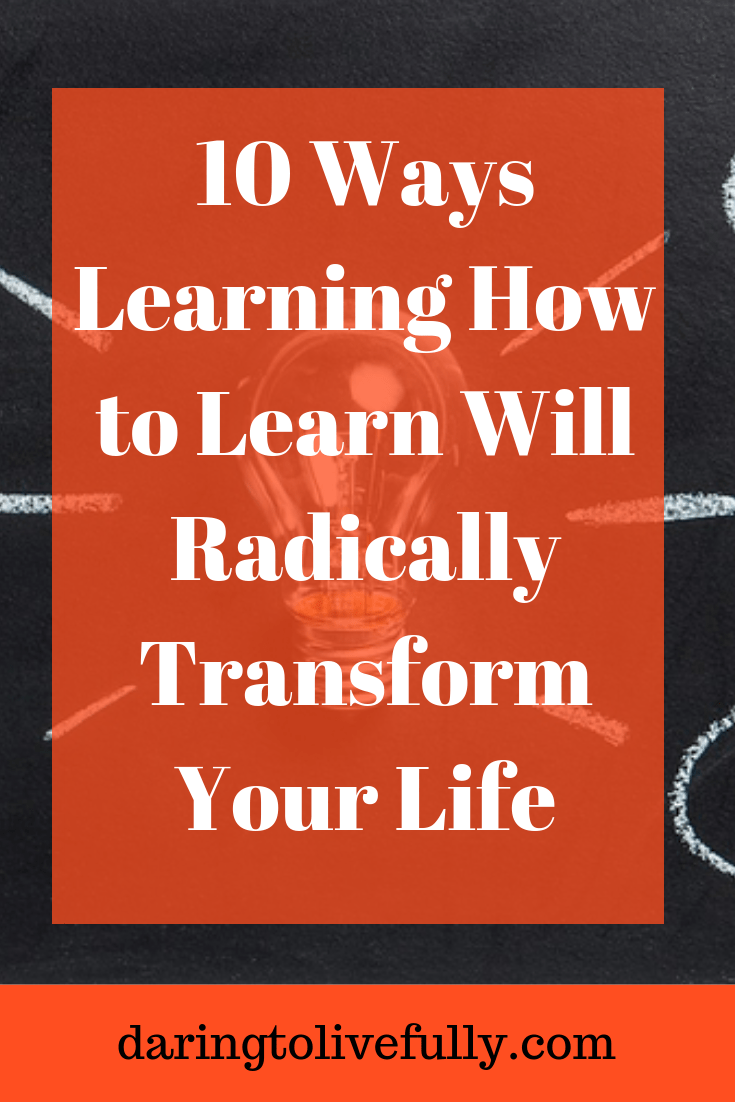
The ability to learn faster than others will give you a competitive edge in the 21st century economy.
I write a lot about how to learn on this blog. That’s because acquiring this meta-skill is one of the best ways to leverage up your life. I take MOOCs on the best way to learn; I read books on the most effective ways to study and acquire skills; and I read blogs by experts on the topic. And, of course, I apply what I learn.
Here are five skills I’ve taught myself quickly and efficiently by learning how to learn:
- Weightlifting
- French
- Piano
- Drawing
- Coding (in Python)
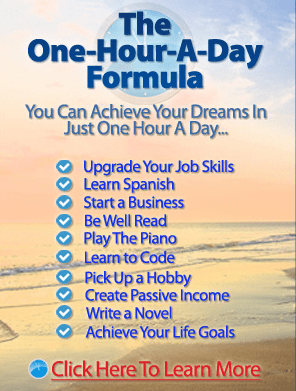 How did I learn these skills? I took all the knowledge that I gathered while researching how to learn skills faster and more efficiently, and I created a learning system. I then tried out the learning system by learning weightlifting. The next step was to tweak and perfect the system by learning to code. Finally, I fine-tuned the system by learning French, piano, and drawing. Now I’m ready to share my system with you in a course titled: “Learn Any Skill Faster and Better: How to Learn to Code, Play the Piano, Lift Weights, Speak French, Draw, Or Anything Else”.
How did I learn these skills? I took all the knowledge that I gathered while researching how to learn skills faster and more efficiently, and I created a learning system. I then tried out the learning system by learning weightlifting. The next step was to tweak and perfect the system by learning to code. Finally, I fine-tuned the system by learning French, piano, and drawing. Now I’m ready to share my system with you in a course titled: “Learn Any Skill Faster and Better: How to Learn to Code, Play the Piano, Lift Weights, Speak French, Draw, Or Anything Else”.
In the meantime, here are 10 ways in which learning how to learn will radically transform your life.
1. Learning How to Learn Will Allow You to Stay Current In Your Field.
You’ve probably heard it a thousand times before: the only constant is change. This adage applies to the modern world more than ever before. As business rules change, economic conditions shift, and new technologies make old ones obsolete, workplaces are being transformed faster the ever before.
Because success, and even survival, in today’s world requires constant growth and learning, lifelong learning must become a way of life for most of us. We need to be able to learn as rapidly as society progresses. By learning how to learn you’ll be able to keep abreast of changes in your field and ensure that your knowledge doesn’t become outdated.
2. You’ll Have the Flexibility to Change Careers.
Most people will change careers at least a few times throughout their lifetimes. This could be for a variety of reasons, such as the following:
- Most people choose the profession that they’ll follow when they’re entering college at the age of 17 or 18, which is very young. A lot of people graduate from college and then discover later on that they chose the wrong career.
- Automation is displacing a lot of workers.
- For some people, one career for an entire lifetime is not enough. This is especially true now that—due to medical advances—people are living longer.
- People who feel that they’re not making enough money may want to shift to a more lucrative career.
Changing careers means you’ll need to acquire new skills. If you know how to learn, you’ll be much more likely to succeed in your attempts to enter a new profession.
In addition, by being able to demonstrate that you know how to learn, you’ll make yourself more employable. Here’s a quote from an article published in the Harvard Business Review, which was written by Tomas Chamorro Premuzic:
“Unsurprisingly, there is now big demand for employees who can demonstrate high levels of “learnability,” the desire and ability to quickly grow and adapt one’s skill set to remain employable throughout their working life.”
Add the skill of “knowing how to learn” to your resume and include a link to your online portfolio in which you showcase evidence of your learnability. That’s guaranteed to make you shine at your next job interview.
3. Learning How to Learn Will Give You the Smarts Necessary to Achieve Your Goals.
We all know the acronym for goal achievement:
- S – Specific
- M – Measurable
- A – Attainable
- R – Relevant
- T – Timely
I propose a new acronym: SMARTS. And what is the last “S” for? You guessed it: Skills!
One of the most important steps in planning how you will achieve a goal is to identify the skills that you’ll need in order to achieve that goal. As an illustration, if you want to start a blog that will earn you a side income, here are some of the skills that you’ll need to learn:
- Learn how to write for the web.
- Learn how to optimize your blog posts so that they’ll be found by the search engines.
- Learn how to use social media.
- Learn how to monetize your blog.
It will easier for you to learn these skills, and launch a successful blog, if you know how to learn. (Think of the blog you’re reading right now – I taught myself all the skills I needed to create this blog.)
Here’s a phrase you can use to remember this new acronym:
“To succeed you need to develop the SMARTS necessary to achieve your goals. You do this by learning how to learn.” – Marelisa Fábrega
4. Learning How to Learn May Help You Slow Down Cognitive Decline.
A while back I read a study comparing levels of education obtained early in life with cognitive decline in old age. Researchers had concluded that those who had obtained a lot of education had built up a brain reserve which helped to slow down the harmful effects of cognitive decline that can occur later in life. This was good news for me because I have a lot of schooling.
However, new research shows that this may not be the case. Higher education can help to build more robust networks of cells, which seems to provide some protection against getting dementia.
But once the cognitive decline starts, that advantage disappears. This is probably because education occurs early on in life, and its effects may have worn off by the time a person hits old age.
The good news is that keeping the brain active by learning new skills—such as learning to speak a new language, learning to play a musical instrument, or learning new computer skills–can slow down rates of cognitive problems in a person’s later years.
I, for one, have chosen to learn to play the piano, and I’m going to share with you a quote on acquiring the skill of playing a musical instrument as an adult:
“Musical training seems to have a beneficial impact at whatever age you start. It contains all the components of a cognitive training program that sometimes are overlooked, and just as we work out our bodies, we should work out our minds.”
To help keep dementia at bay, learn new skills. Of course, you’ll be more likely to take on the challenge of learning new skills if you know how to learn.
5. Foster the Growth of New Brain Cells.
Although it was once believed that people are born with all the brain cells they’ll ever have, scientists have discovered that people can grow new brain cells throughout their entire life. The process is called neurogenesis. I wrote all about it in my post on how to grow new brain cells.
However, as I explain in that post, just because you’re growing new brain cells doesn’t necessarily mean those new brain cells will survive. You can help ensure that those brain cells stay alive by engaging in learning that requires effort.
One way to do this is by learning a complex skill, such as learning to play tennis, or learning to dance. And, once again, if you know how to learn you’ll be much more likely to try your hand at learning these complex skills.
6. It Will Help You Improve Your Health.
Everyone wants to be healthy, but a lot of people fail in their attempts to lead a healthy lifestyle. One of the main reasons why this happens is because most people don’t possess the skills that are necessary in order to maintain health. This includes skills such as the following:
- Designing weekly menus that are healthy and balanced (as well as delicious).
- Cooking healthy meals.
- Using the workout equipment at the gym.
- Performing flexibility and mobility exercises.
Learning these skills will go a long way toward the improvement of your health. One of the skills I chose to teach myself by following my learning system is weightlifting. I can already see and feel that I’m getting great results.
7. Learning How to Learn Will Allow You to Have More Fun!
One of the skills I decided to teach myself is drawing. Why? Because I wanted to be able to create something beautiful with my hands, have a creativity outlet, and find a way to de-stress. Drawing has done all of that for me.
What have you seen others doing that’s made you think: “That looks like fun! I wish I could do that.” Get out there and learn how to do it. Start by learning how to learn.

8. You’ll Gain the Tools You Need to Become An Expert.
A while ago I wrote a blog post on how to become an expert. An expert is someone who has comprehensive and authoritative knowledge in a particular area, or of a specific skill. Being an expert comes with many benefits, such as the following:
- People are more likely to trust experts.
- Media outlets are constantly looking for experts they can interview.
- Experts can charge more money for their services.
- When someone is an expert, they can build a loyal customer base which will last for years and years.
- Experts use more effective problem-solving strategies in their areas of expertise—that is, they’re better at solving problems that fall within their domain.
- Being an expert will give you access to other experts.
- In order to be able to innovate in your field, you need to have a lot of knowledge about your subject matter. The more expertise you have in an area, the more you know about that area.
In order to become an expert, you have to be really good at learning whatever it is that you want to be an expert in. That is, you have to know how to learn quickly and efficiently so that you can become an expert, and so that you can stay at the top of your field once you’re there.
The first step in becoming an expert is learning how to learn.
9. Learning How to Learn Will Make You Happier.
We all want to be happier. And learning new skills will help you with that. After all, learning is a core need for psychological wellbeing.
When you learn something new you do all of the following:
- Increase your sense of self-efficacy.
- Boost your self-confidence.
- Feel that you’re in control of your life.
- Your life will feel more meaningful when you learn skills that help to create a sense of purpose in your life.
All of these, in turn, will make you happier.
10. By Learning How to Learn You’ll Be Able to Reinvent Yourself.
Every so often we should all reinvent ourselves. As Bob Dylan says in a song: “If you’re not busy being born, you’re busy dying.”
One of the best ways to reinvent yourself is to learn a new skill. After all, every time you learn a new skill you become a slightly different person. Look at the following:
- A person who knows how to code in Python and can immediately get to work implementing their ideas is not the same as someone who’s not even sure what the print function is.
- Someone who knows proper squatting technique is not the same as someone who only uses the Smith Machines because they’re intimidated by the barbells.
- A person who can sit down at the piano at a party and play a few songs is not the same as someone who has never played a chord in their life.
By learning new skills, you can reinvent yourself in any of the following ways:
- Go from struggling to make ends meet to financial independence.
- Go from a job that pays the bills to a career you love.
- Go from having low self-esteem to having high self-confidence.
- Go from seeing only obstacles to noticing opportunities.
- Go from being overweight and out of shape to being thin and fit.
- Go from being fearful to having faith.
- Go from victimhood to empowerment.
The first step is to learn how to learn.

Conclusion
Learning shouldn’t stop when you leave school. It should be a life-long endeavor. I hope the ten reasons I gave you above for learning how to learn will encourage to acquire this vital meta-skill.
Live your best life by learning how to learn.


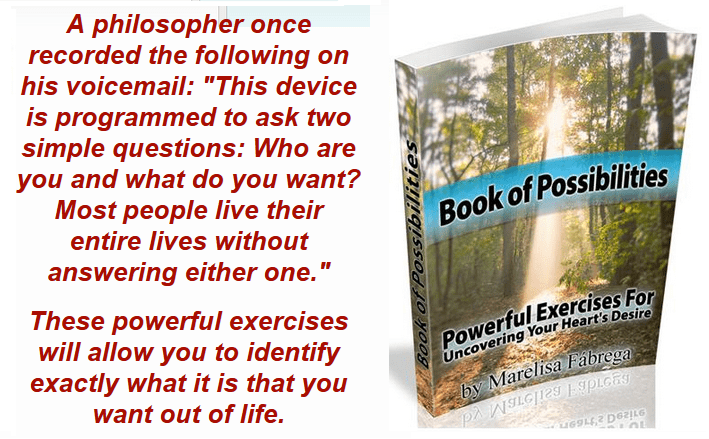
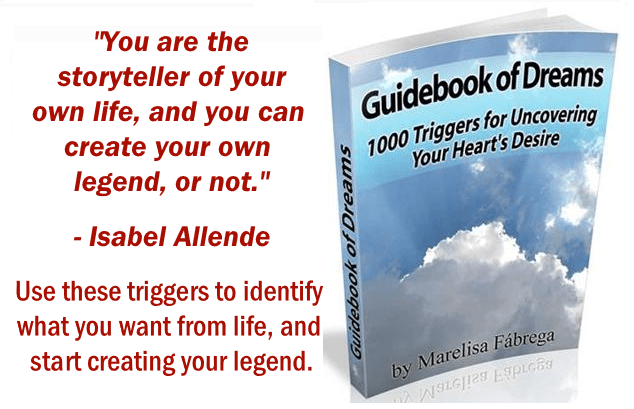
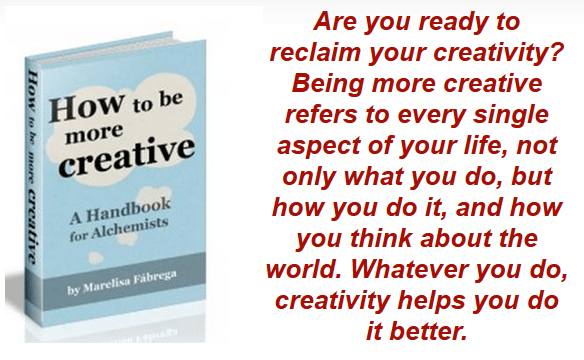
Related Posts:

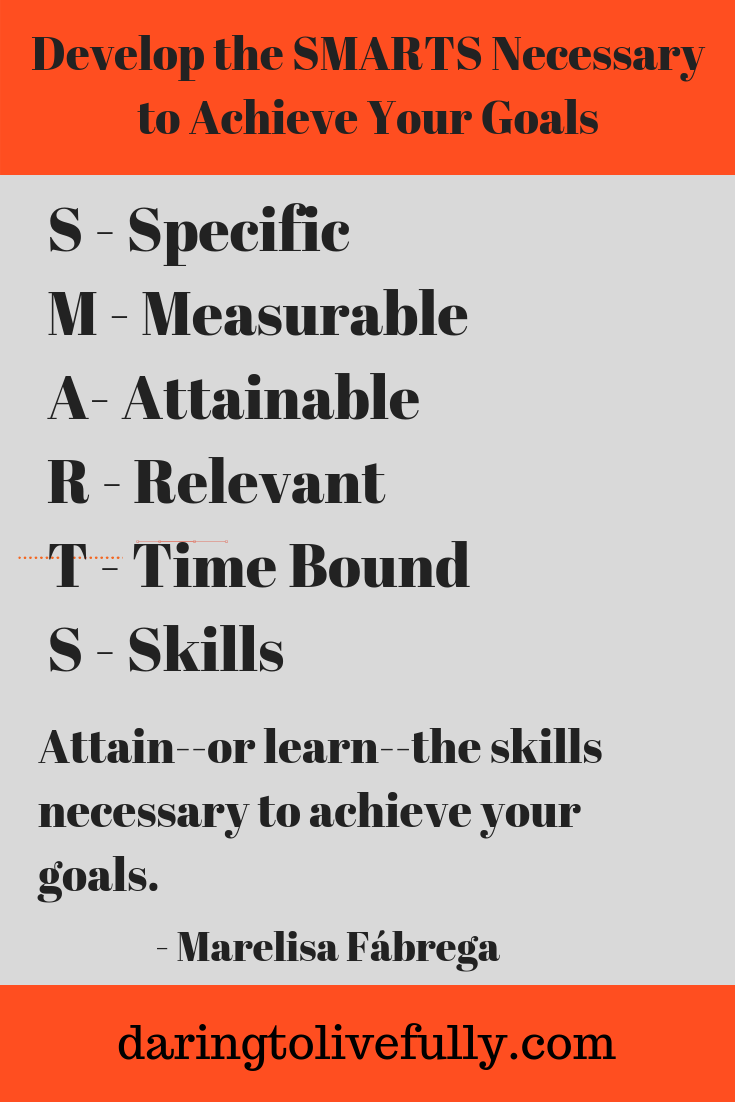

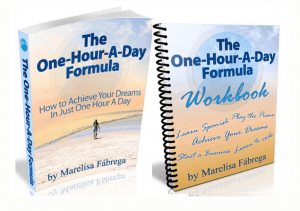

 Marelisa Fabrega is a lawyer and entrepreneur. She holds a Bachelor of Science in Business Administration from Georgetown University in Washington, D.C., as well as a Juris Doctor from the Georgetown University Law Center. You can learn more about her
Marelisa Fabrega is a lawyer and entrepreneur. She holds a Bachelor of Science in Business Administration from Georgetown University in Washington, D.C., as well as a Juris Doctor from the Georgetown University Law Center. You can learn more about her 





